The breakup of the Union of Soviet Socialist Republics (USSR) in 1991 had significant repercussions on Chinese politics, foreign policy, and other aspects. In this book, Jie Li examines the evolution of Chinese intellectual perceptions of the Soviet Union in the 1980s and 1990s, before and after the collapse.
Relying on a larger body of updated Chinese sources, Li re-evaluates many key issues in post-Mao Chinese Sovietology, arguing that the Chinese views on the Soviet Union had been influenced and shaped by the ups-and-downs of Sino-Soviet (and later Sino-Russian) relations, China’s domestic political climate, and the political developments in Moscow. By researching the country of the Soviet Union, Chinese Soviet-watchers did not focus on the USSR alone, but mostly attempted to confirm and legitimize the Chinese state policies of reform and open door in both decades. By examining the Soviet past, Chinese scholars not only demonstrated concern for the survival of the CCP regime, but also attempted to envision the future direction and position of China in the post-communist world.
| FindBook |
|
有 1 項符合
sovietology in post-mao china: aspects of foreign relations, politics, and nationality, 1980-1999的圖書 |
 |
$ 8460 | Sovietology in Post-Mao China: Aspects of Foreign Relations, Politics, and Nationality, 1980-1999
作者:Li 出版社:Brill 出版日期:2023-02-16 語言:英文 規格:精裝 / 323頁 / 23.5 x 15.49 cm / 普通級/ 初版  看圖書介紹 看圖書介紹
|
|
|
圖書介紹 - 資料來源:博客來 評分:
圖書名稱:Sovietology in Post-Mao China: Aspects of Foreign Relations, Politics, and Nationality, 1980-1999
內容簡介
|
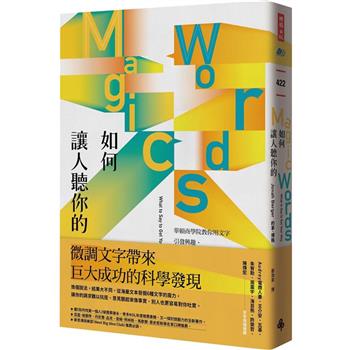
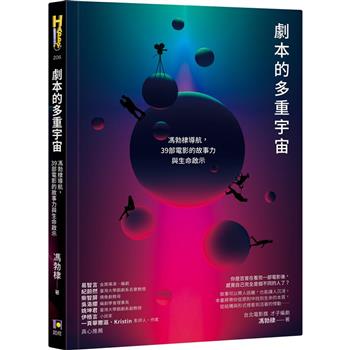
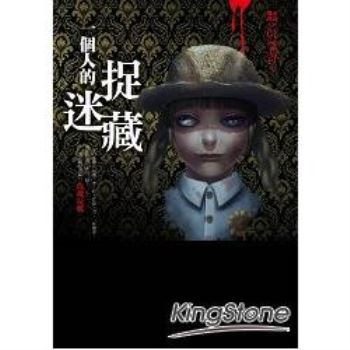

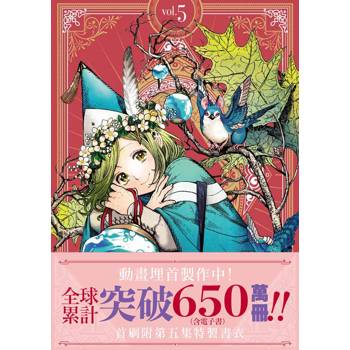




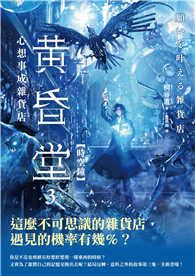

 2026【大量表格、圖表化】超級犯規!國文高分關鍵的七堂課看這本就夠了[十一版](初等考試/各類五等)](https://media.taaze.tw/showLargeImage.html?sc=14100122232)